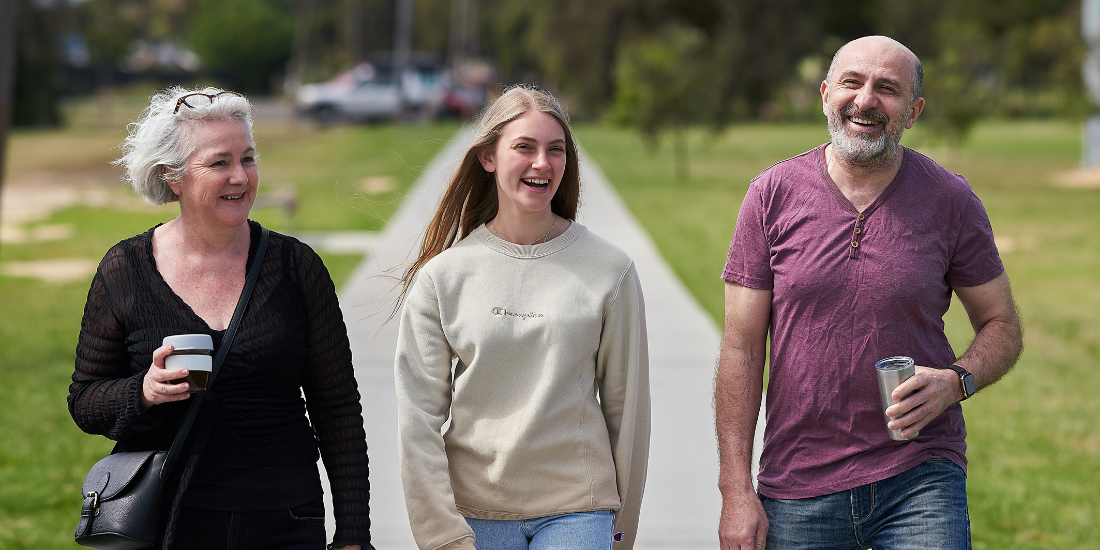
A survey of over 4500 people in the UK and Australia has found different generations – from Baby Boomers to Gen Z – agree that young people today are worse off in terms of mental health and level of worry, but disagree on the key factors driving these issues.
The new research, from the Orygen Institute and the Policy Institute at Kings College London, found that 67 per cent of people in Australia aged 30 and over think the mental health of young people is worse now than in previous generations, while 69 per cent of those aged 29 and below agree. Very similar attitudes were found in the UK.
Over 2000 people aged 16+ in Australia and over 2500 people aged 18+ in the UK participated in the survey which found consistent themes in attitudes to youth mental health across the generations.
Director of Policy and Engagement at Orygen, Vivienne Browne, said there was no generational divide when it came to recognising the youth mental health crisis in Australia.
“This research shows while there may be differences in perceptions about what is driving the crisis, it's clear youth mental health is a key concern across all age groups and there is a need for action," Browne said.
“It should provide politicians and other policymakers with reassurance that addressing the rising tide in youth mental health issues would be met with broad public support.”
- Click HERE to read the full report
Generational differences emerged when respondents were asked about the causes of this decline in youth mental health.
The data showed 26 per cent of Baby Boomers believe young people are simply less resilient, and 51 per cent believe alcohol and drugs are driving the decline. Young respondents, meanwhile, are much more likely to blame the increased cost of living (51% of Gen Z and millennials, versus one-third of older generations).
Most people across the generations believe social media is playing a role in the decline of youth mental health, although older generations are much more likely to say social media and smartphone use has had an overall negative impact on young people’s mental health (76% of Australian Baby Boomers versus 51% of Gen Z).
Professor Bobby Duffy from the Policy Institute at Kings College London said one aspect in which older generations have a cliched view of today’s young people is in their much greater tendency to blame increased drug and alcohol use among young people for worse mental health outcomes.
"However, we know that alcohol consumption has declined substantially among younger generations, and while drug use does move around over time, there is no trend of significant increases over the long-term,” Professor Duffy said.
“This reflects a tendency to generalise from eye-catching but relatively rare instances of risky behaviour among young people, and to forget the risks we took when we were young.
“Whenever there is a big shift in challenges facing society, it is tempting to look for and blame one thing, like social media, but it is often more complex than that, and we should listen to young people themselves when we decide on what actions to take.”